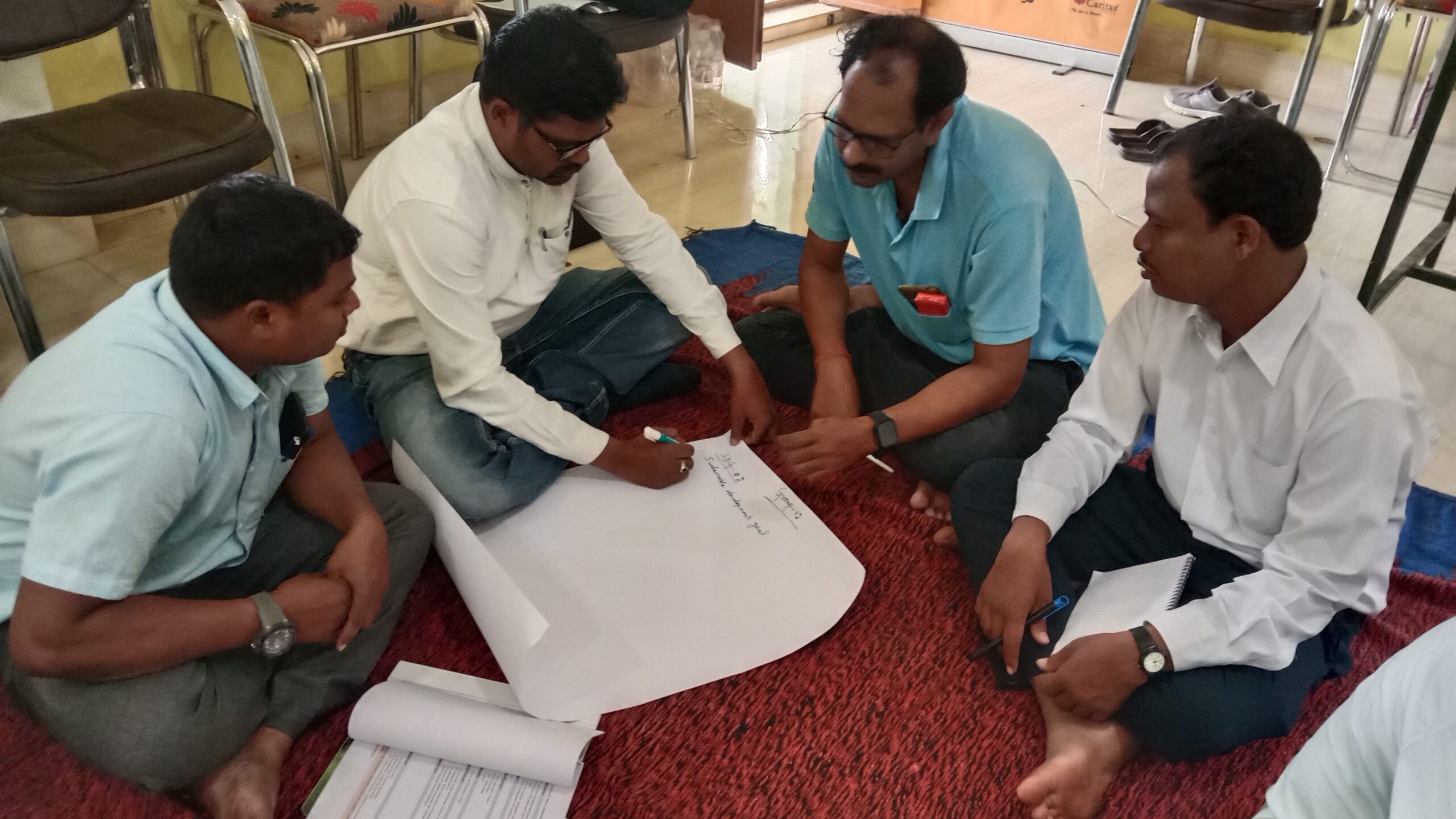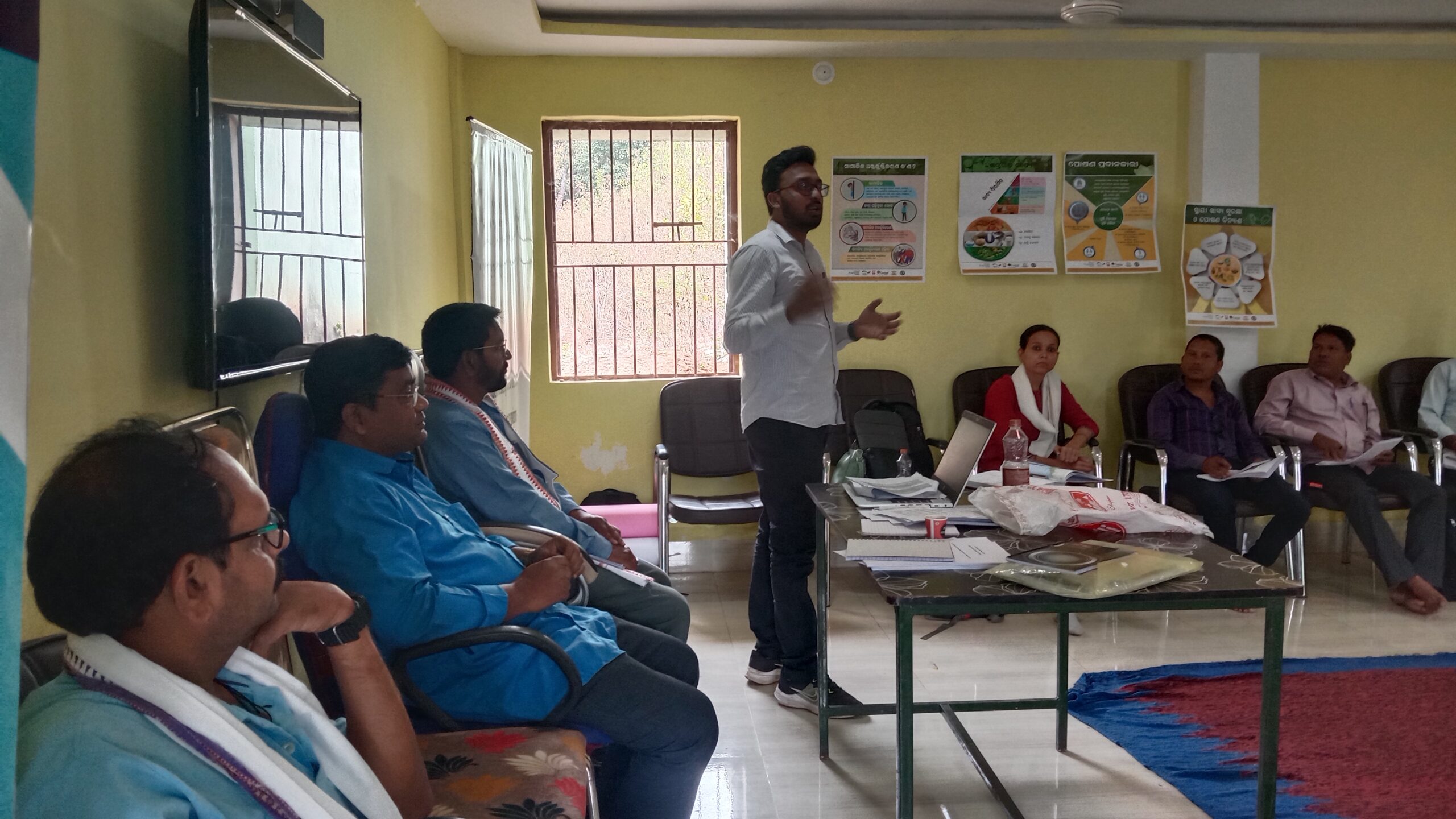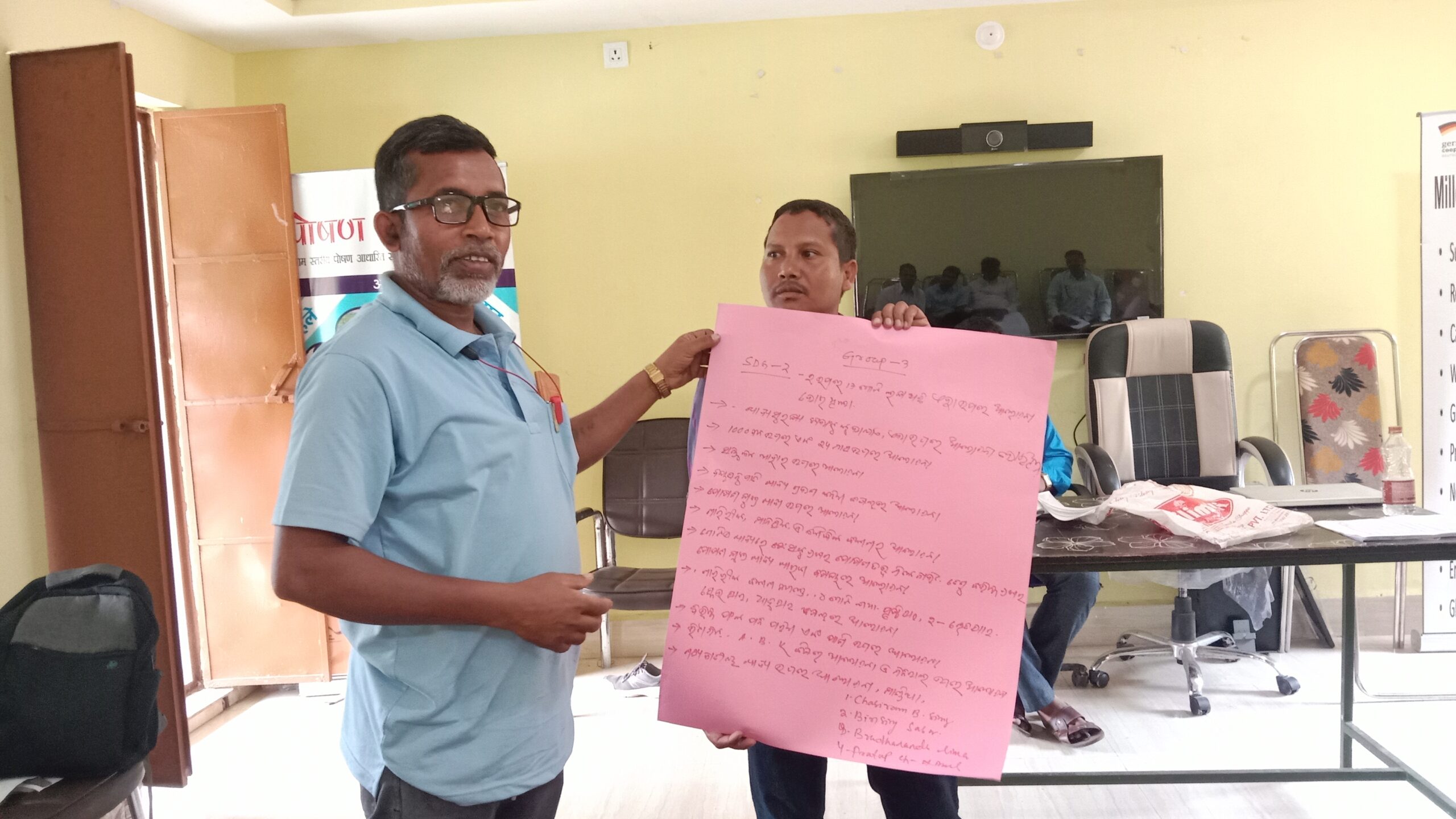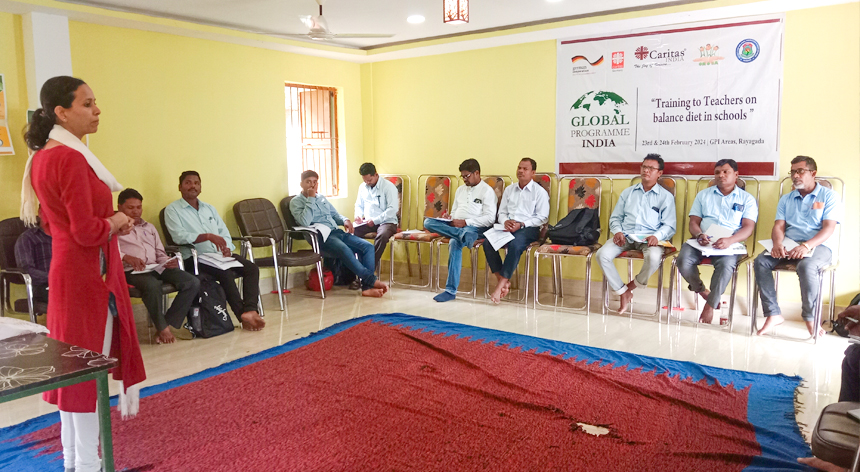Balanced nutrition is a global perspective that transcends geographical boundaries, recognizing the underlying link between health, well-being, and the consumption of a diverse and nutrient-rich diet. In a world facing both undernutrition and the escalating burden of diet-related diseases, the global perspective on balanced nutrition underscores the imperative of collective action. Governments, international organizations, and communities collaborate to foster nutritional literacy, promote sustainable agriculture, and ensure food security on a planetary scale. This perspective is a holistic approach to public health, acknowledging the interplay between dietary choices, cultural nuances, and socioeconomic factors.
The Role of a Balanced Nutrition Campaign
The significance of balanced nutrition in achieving Sustainable Development Goals (SDGs) is pivotal, acting as a cornerstone in the global pursuit outlined in the 2030 Agenda. It serves as a linchpin for SDG 2 – Zero Hunger, addressing malnutrition issues, nurturing food security, and encouraging sustainable agriculture.
Furthermore, emphasizing the importance of educating children on balanced nutrition is paramount as they are the future of the nation and ambassadors of inclusive development. During their formative years, a well-rounded diet supports physical and cognitive growth, fostering optimal health and learning abilities. Introducing a curriculum on balanced nutrition in schools is a crucial step, going beyond traditional education to equip students with knowledge about nutrition and healthy eating habits and ensuring a healthy diet by adopting healthy hygiene practices. This initiative addresses immediate health needs, acts preventively against health issues, and aligns with broader educational objectives, promoting holistic development in children.

Training of Trainers for Balanced Nutrition
Aligned with the overall objective of Global Program India to enhance Nutrition and food security in program areas, Caritas India, in partnership with the District Education Department, effectively organized a Training of Trainers program on rolling the balanced nutrition curriculum on February 24, 2024. The initiative involved providing training to government schoolteachers from nine schools of Bissom Cuttack and Gudari block. With the participation of over 20 schoolteachers and education officials, the training guarantees a seamless implementation, showcasing a dedicated commitment to nurturing healthier generations through comprehensive education on nutrition and overall well-being.

Ms. Sneha Jha, Lead of Nutrition & Food Security, led the training session alongside the collaborative efforts of Mr. John, Mr. Sushant, Mr. Brajendra, and Ms. Gladish. Together, they employed engaging lectures, pre and post-tests, and discussion methods to impart seven essential lessons embedded in the curriculum to the teachers. The sessions were not only informative but also remarkably lively and interactive, fostering a dynamic learning environment. The session started with a pre-test and ended with a post-test with the purse to understand the increased level of understanding about the topic among the participants. Major topics covered during the session localization reference to Nutrition and Food Security, Nutrition and Food Security, Types of Nutrition, Introduction to Balance Diet, Practices to improve Nutritional outcomes, Social and Behaviour Change, and Community Involvement Platforms.

Strategic Calendar for Sustainable Nutrition Education
As a culmination of the training, the participating teachers actively contributed to the preparation of an implementing calendar. This calendar serves as a strategic plan for disseminating the acquired knowledge and lessons among the children, ensuring a comprehensive and effective integration of balanced nutrition principles within the school community. Successful implementation of the ToT led to opening the future of rolling out the program beyond the program area and its sustainability.


Leave a Reply